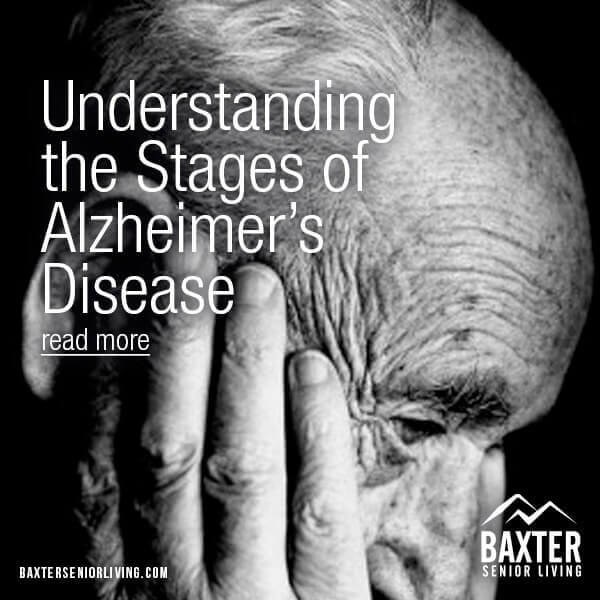If someone you know or love has been diagnosed with Alzheimer’s Disease, you’ll need t to understand how the disease advances over time. Alzheimer’s is a progressive brain disease which causes gradual impairment of the patient’s memory and ability to think.
The progression of Alzheimer’s Disease can be roughly divided into three stages based on symptomatology – mild, moderate, and severe.
Due to the effects of treatment as well as individual differences, each patient’s disease will progress at a slightly different rate. This progression can take up to 7-10 years to complete its course. It’s important to recognize these stages of Alzheimer’s disease in order to better plan care for the care of the patient and minimize the impact on family dynamics.
In the early, or mild stage, of Alzheimer’s Disease, symptoms may be subtle with occasional memory losses, difficulty with reasoning, and mild personality changes.
The patient may forget familiar names and words as well as fail to remember where they’ve placed objects. Personality changes may become apparent with the performance of atypical behaviors and angry outbursts. The Alzheimer’s patient may become more withdrawn and avoid social and mental challenges. At this stage, the patient is usually still able to take care of himself but may require assistance in certain areas.
As the disease progresses into the middle, or moderate stage, of Alzheimer’s Disease, problems with memory and judgment become much more apparent.
The patient starts to forget the names of friends and family, the time and day, and his own personal information, although he usually still remembers his own name. The ability to reason and communicate gradually becomes more severely impaired. His ability to write and speak becomes limited due to inability to comprehend or remember. When unable to remember, the Alzheimer’s patient will often repeat himself or make up fabricated information when questioned. At this Alzheimer’s disease stage, the patient becomes markedly more withdrawn and may have poor contact with reality. The Alzheimer’s patient needs close monitoring because of his tendency to wander and perform inappropriate behaviors during this period. He usually needs help with their activities of daily living and can’t be left unattended due to safety concerns.
Symptoms become more pronounced during the final, or late stages, of Alzheimer’s disease.
There is an almost complete deterioration of the previous personality with a generalized apathy and lack of interest in life. At this Alzheimer’s disease stage, the patient is unable to recognize family or friends and appears withdrawn and unresponsive. He may exhibit strange emotional outbursts as well as problems with movement. The patient will also manifest more physical problems which may include seizures, severe weight loss, loss or urinary and bowel continence, and difficulties with swallowing. At this stage, the patient requires around the nursing care and will continue to require intensive monitoring as the disease completes its final course.
With appropriate planning, accommodations can be made to ensure the patient is well attended throughout the stages of Alzheimer’s disease.
By recognizing these stages and responding appropriately, the patient can be made to feel more comfortable as the disease progresses. With better understanding of the stages of this progressive disease, family members can be better prepared for what the future holds.

